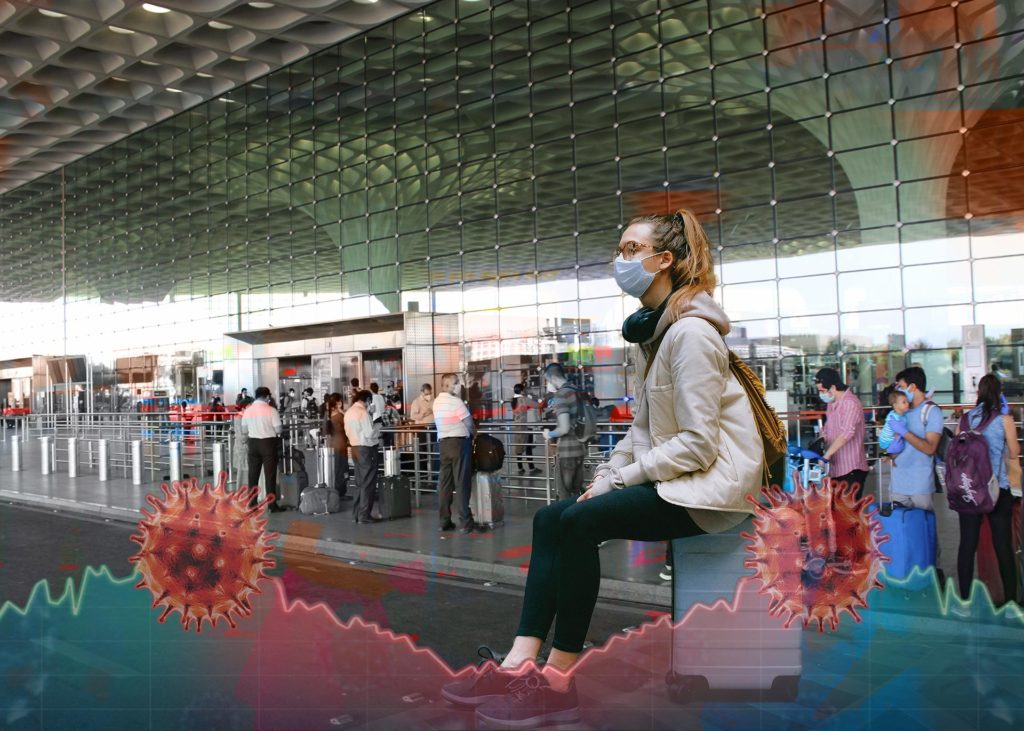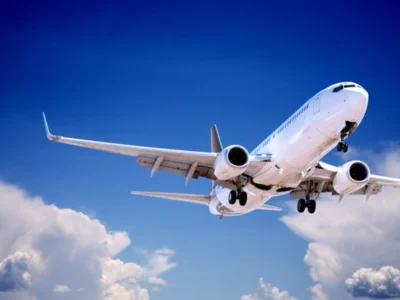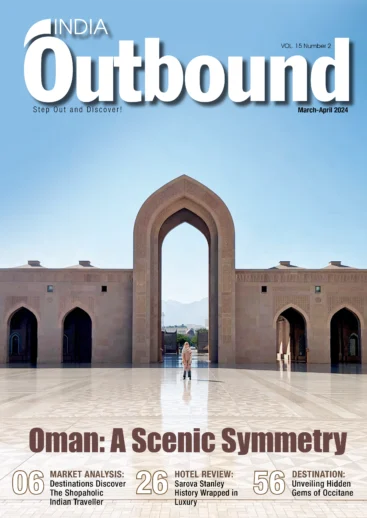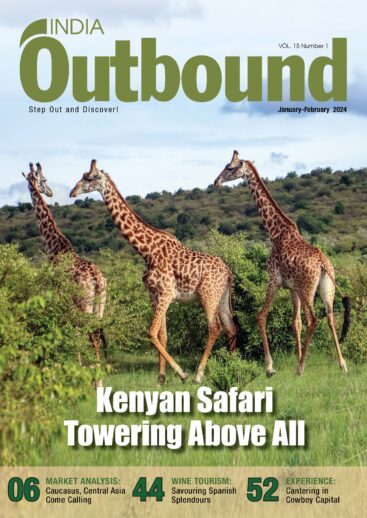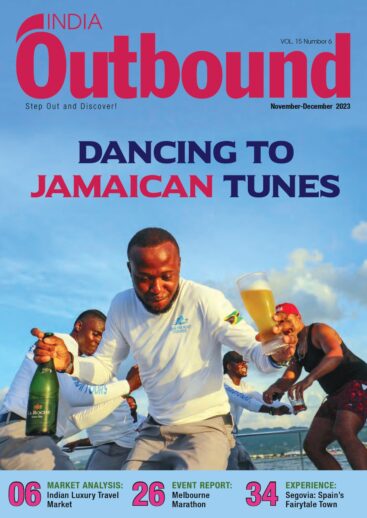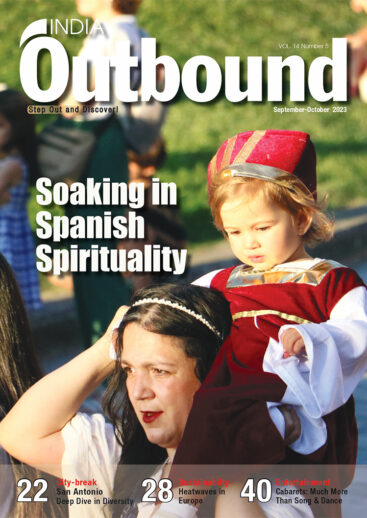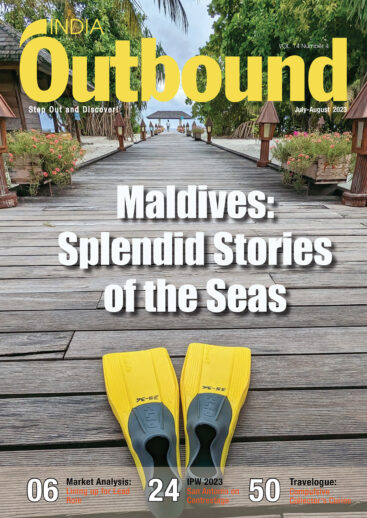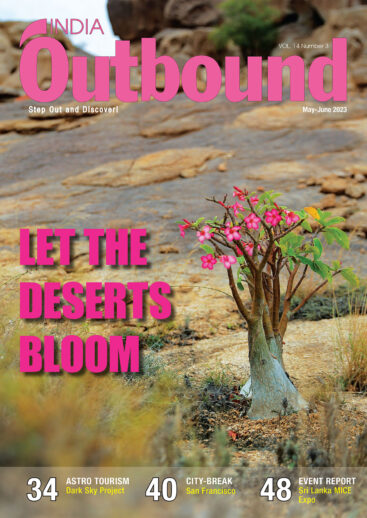Tourism industry in several countries around the world have begun returning to business, tentatively and carefully, signalling the beginning of the end of the worst crisis to have ever hit global tourism. Their Indian counterparts, though, remain as clueless and anxious as they had been in March when the Indian government announced a lockdown.
In 2019 we saw a very healthy growth in terms of retaining our existing clients and getting new businesses. We explored many new international destinations and added them in our kitty and had lots of plans for 2020 when all hell broke loose. We were on track for a good season with bookings till March-April this year with long itineraries including 24 days to South America covering Brazil, Argentina, Peru, Costa Rica, Panama. But since March it has taken a complete u-turn with all booklings cancelled and in my understanding, it will continue till the end of this year,” Mahendra Vakharia, managing director of Pathfinders Holidays, a leading outbound and MICE tour operator in Ahmedabad, tells India Outbound.
For over four months now, industry stakeholders and association leaders have been pleading with the government for help, with precise solutions that could help the industry tide over the crisis. While the government of India is still struggling to gauge the financial damage caused by the lock-unlock game it has been playing since March, the travel industry seems to have slipped into a coma. The industry associations which managed to put their heads together to draft a bailout proposal and placed them in front of the tourism and finance ministries just before the lockdown began, seem to be giving up as the relief package does not seem being considered at all other than some tax reliefs and loan options. The fragmentation of the industry with a large number of associations with different agenda and absence of unity among them in advocating demands in a single charter left the entire effort look unimpressive.
However, now they seem to be resigned to their fate, knowing that the government has no solutions to offer, save some slogans. “The industry at large will have to speak in one voice and at a decibel level that will make the government listen to our prayers and demands,’’ says Vakharia. Agents and operators across the country along with various other travel and tourism-related service providers face cash burnout and they simply do not know how to find a solution other than increasing their debts to run the show even on a minimum scale.
“It is a very tough time, at present all expenses are being paid from our investments which we had to break and pay salaries, rent etc. Till now, we have kept all our staff, trying to enhance their knowledge, attending sessions and online programmes, looking and searching for new destinations which are tourism-friendly and safe to travel. At the same time we are looking out what new venture we can start related to a tourism business that can be effective so that we can sustain the coming months which are also not going to be easy,” Sanjeev Mehra, managing director of Aaryan Leisure & Holidays, an outbound and MICE travel company in Kolkata tells India Outbound.
“We opened up in early June with staggered timings and alternate days of work for the staff. There was hardly any activity in terms of fresh business but it helped us to catch up on accounts backlog and statutory compliances. The biggest worry for the agents’ community is the huge amount of money locked up with the airlines. In spite of all our best efforts, the situation on this front looks quite grim. We have to now take more aggressive steps and seek legal recourse to realise our hard-earned money. We have to bear the pain of job losses and salary cuts until better times,” Manoj Saraf, managing director of Gainwell Travels of Kolkata, an outbound travel firm in Kolkata tells India Outbound.
Unlocking the lockdown
It has been almost five months since international flights to India were banned and their resumption is critical to the resumption of travel. So far, only a handful of Indian and foreign carriers have ‘earned’ the right to operate select special flights which are nothing but charters and they ferry only those who have been cleared to fly by Indian and the corresponding foreign government.
Many foreign airlines and their governments have been lobbying India to reopen its airports to normal flights so that airlines, which have been also struck extremely hard by the pandemic, can resume their operations, at least partially. As it is, after months of closure, all airlines would take at least some weeks before being able to fly in a meaningful manner.
For Indian outbound travel industry, even though the resumption of partial operations could be a lifesaver. But they would perhaps still need to negotiate the terms with airlines as few of them would be able to meet the financial conditions that existed earlier.
“After many prayers and demands, the Indian agents are recently allowed to sell tickets of Vande Bharat Mission repatriation flights. The recent conflict which we are having with various airlines on refunds of cancellations is making the entire situation complicated. However, we feel that airlines, as well as hotel chains, must understand that by undercutting us it will not benefit them. They should create mutually agreeable terms on acceptable commission rates with the agents who are basically their brand ambassador,” says Shravan Bhalla, chief executive of HighFliyer, an outbound operator from New Delhi tells India Outbound.
However, even after the flight operations are normalised, outbound tourism can start only when respective governments allow Indian tourists to enter those countries. Fortunately, there are some green shoots visible here.
However there are many countries which are open to welcoming Indian tourists under strict protocols when the air travel opens. Countries like UAE have already opened their borders to Indian visitors. Thailand has also signalled that once the situation normalises, it would be happy to welcome Indian tourists. More details will be clear once India clarifies its position on when it opens its skies under the new normal.
However, most of the tourism boards will be waiting for a green signal from their headquarters before allowing Indian tourists to enter their countries as clearly the pandemic is not giving a nicer picture of containment in India. Certain countries, including those who normally depend a lot on traffic from India, have so far desisted from bringing India on the green list of people allowed in.
Right from the beginning of the outbreak of the coronavirus pandemic four months ago, the Indian travel industry has been amongst the sectors hardest hit. First to go down were destinations in the east and south-east Asia in terms of outbound travel from India and ever since the country began clocking its own count of ill and deceased persons as a result of the pandemic, the situation has become alarming; with all kinds of travel and hospitality off the table for several weeks, if not longer. Already, some predict that with the deadly disease still on a rampage, the rest of the year continues to look extremely bleak and discouraging.
The idea is to resume travel and tourism business in some way. However, the revival of outbound tourism is more challenging. Agencies working directly with foreign tourism boards and international airlines are likely to face the heat from their respective head offices to cut down expenses until the traffic resumes and shows signs of upward movement. There have been very few tourism boards like Tourism Authority of Thailand for example which have continued to promote their destinations and products in India.
Even though some tourism boards will now begin to restart tourism in a phased manner, a lot of budgets will be reduced, contracts will be renegotiated and vendors will be rearranged. The satellite offices or representatives of foreign brands will have to start from zero to show performance and then get paid again as clearly India’s position as a potential target market is also under the radar for the moment.
Network disrupted
One of the key elements of global tourism industry are the numerous tourism-related trade fairs and exhibitions that are organised around the world and almost through the years. The boom of last two decades in tourism has seen a multiplication of these fairs which have become a must-visit for most of the destinations and other tourism industry players. However, these have ground to a total halt in the last 10 months. Indeed, the last major show organised was World Travel Mart in London in early November and since then every big show has been cancelled, mainly due to restrictions on travel and fear of transmission of Covid-19 virus. This has severely impacted travel trade as major travel exhibitions have played a key role in keeping the travel and tourism industry vibrant.
Up until mid-April, a locked-down business world was happy attending webinars or e-conferences, but very soon many started questioning the utility of it. Most of the exhibition organisers say it is just a matter of time before the real shows return. Pallavi Mehra, group director of Informa Markets India that organises SATTE in New Delhi tells India Outbound, “Exhibitions are tactile and offer opportunities that simply can’t be reproduced electronically. However, what the pandemic has taught us is that there are benefits of technologies and the use of these would help enhance and bring value addition to live events.”
However, the need for exhibitions and networking and meetings for individual companies which was there earlier will also evolve dramatically. For a tour operator or a travel agent who used to specialise only on outbound would have to reorganise himself or herself and look for new business opportunities in domestic or even inbound markets and for that he or she has to come to a restricted open market (B2B) not only to understand the new route but also make new contacts. A business owner who used to do large international groups or weddings only will have to figure out how to create budget packages and more importantly to whom to sell.
Sanjiv Agarwal, founder chairman of Fairfest Media, organiser of OTM Mumbai, says, “Hotels, restaurants, tourist attractions and events should be open for business with new sanitation practices. An additional restriction could be a cap on how many persons can be allowed in a place, per square metre, or half the capacity, which can be gradually increased. Public transport and aviation must also open up, to start turning the wheels of general as well as the tourism economy. Otherwise, we may have to start counting more deaths for many other reasons like hunger, suicides, lack of emergency response to other diseases, general uprisings, rage and police excesses, not to mention the devastating consequences in the longer-term.”

Riaz Munshi President, OTOAI (Outbound Tour Operators Association of India)
SURVIVAL AT STAKE
It is indeed a challenging time for the entire trade worldwide, but we are the worst affected and considering the minuscule mark-up we work with, it will take longer for us to recover. We have had no revenues at all for the last four months and we face negligible income for some more months. Yet, we have fixed costs of rental, salary and other infrastructure expenditures.
So, we need to work out ways to survive because in a country like India, you are always on your own. We need to accept the fact that no financial support would come from the government for our sector.
It is the need of the hour, to stand united and make our industry strong enough that our voice is heard. We need to make associations stronger by actively participating and working together as members.
I would like to request all outbound tour operators to join hands and lobby for their demands so that the government consults us for decisions about our industry. It is unethical for airlines to not process refunds. If agents are not allowed to delay airlines payment even by a day then the same rules should to be applicable to airlines.
Airlines and hotels need to return to their traditional way of working and start building upon relationships and partnerships. In India, agents hold 80 pc of the market share and they play an important role in consumers choice of airlines and hotel choices.
The one thing I am certain about is that once the dust settles, the market will bounce back sooner than expected. India’s story of outbound travel is still intact as travel is a way of life. So the long term looks quite lucrative but the major concern is survival in the short term.
– The views expressed are the author’s own.









